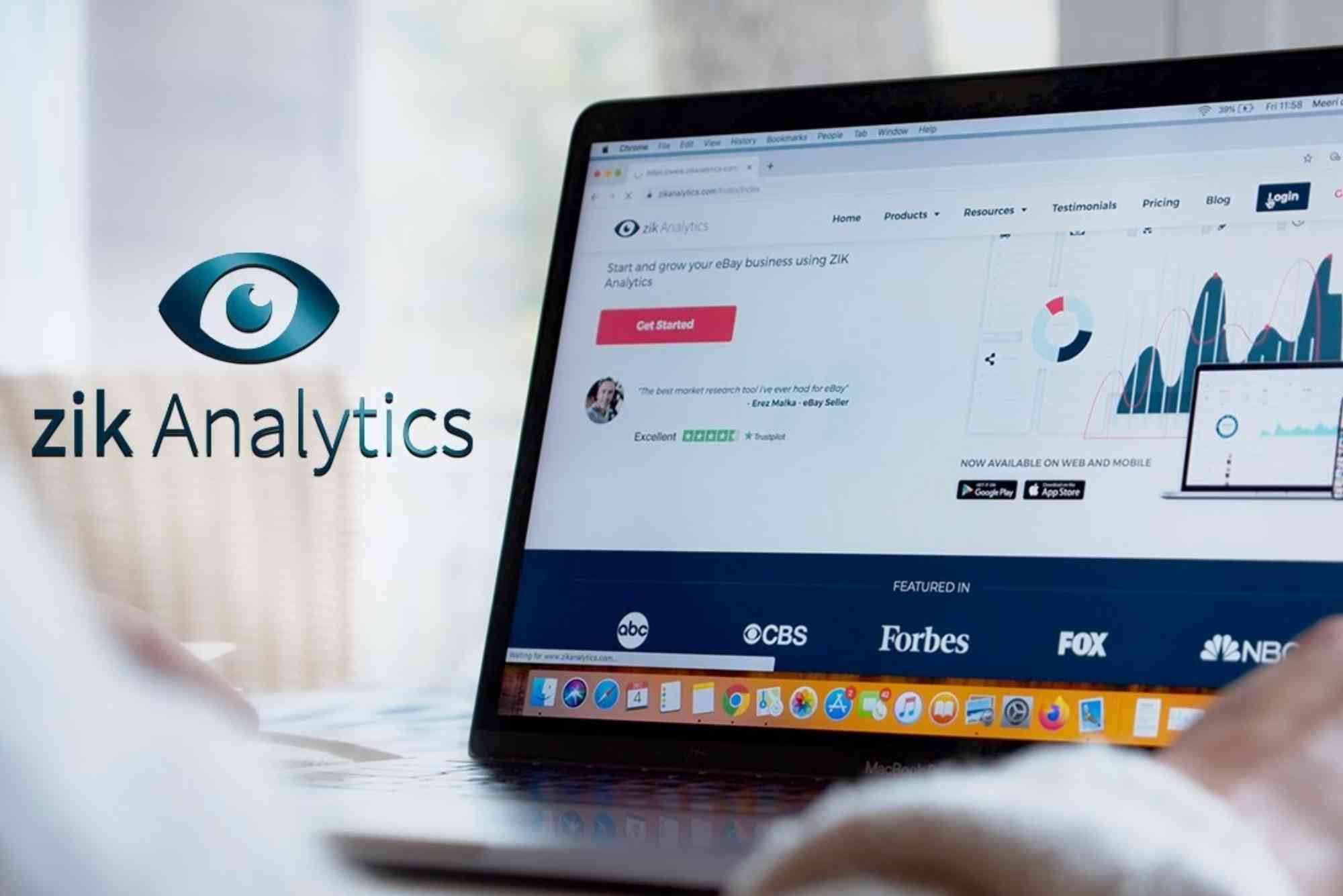Analytical Skills Meaning: Why They Matter for Growth and Success
In today’s data-driven world, analytical skills meaning goes far beyond just analyzing numbers or solving problems. These skills are at the core of strategic thinking, decision-making, and innovation—especially in digital marketing and business growth. Whether you’re a professional, student, or entrepreneur, understanding the true meaning of analytical skills and learning how to develop them can completely transform the way you approach challenges and opportunities. Analytical skills enable individuals to interpret information, identify trends, and make informed decisions that drive results. In industries like technology, finance, healthcare, and digital marketing, these skills are indispensable. Let’s explore what analytical skills truly mean, why they matter, and how they can help you achieve online growth and success.
What Is the Meaning of Analytical Skills?
Analytical skills refer to the ability to collect, interpret, and evaluate information to solve problems and make logical decisions. They involve understanding complex data, recognizing patterns, and drawing meaningful conclusions. In simple terms, analytical skills help you think critically, make sense of information, and make sound judgments based on facts rather than assumptions. These skills are vital in nearly every profession, as they bridge the gap between raw information and actionable insights.
In a digital marketing context, analytical skills help marketers understand campaign performance, user behavior, and ROI. For example, when working with tools like Google Analytics or SEMrush, analytical thinking enables professionals to identify what’s working and what needs improvement.
Why Analytical Skills Are Crucial for Career Growth
In today’s competitive environment, employers seek individuals who can analyze data and make strategic decisions. Analytical skills show your ability to solve problems efficiently and think logically. They also reflect your capacity to handle complex challenges under pressure. When you possess strong analytical abilities, you can identify opportunities that others might overlook, making you an invaluable asset to any organization.
Problem-Solving Power
One of the most significant aspects of analytical skills is problem-solving. Whether you’re managing a marketing campaign or resolving operational issues, analytical thinking helps you break down large problems into smaller, manageable parts. This structured approach allows for faster, more effective solutions.
Improved Decision-Making
Strong analytical skills help individuals and businesses make better decisions. Instead of relying on intuition, you can use data and logic to back up your choices. This leads to fewer mistakes, more accurate predictions, and better overall performance.
Boosting Creativity and Innovation
Analytical thinking doesn’t suppress creativity—it enhances it. When you understand data patterns, you can use those insights to develop innovative strategies. For example, by analyzing customer engagement data, marketers can create more effective campaigns tailored to their audience.
How Analytical Skills Drive Online Growth
Online growth relies heavily on data interpretation, strategy, and optimization—all rooted in analytical skills. In the digital space, success depends on how well you can analyze and adapt. From tracking website traffic to understanding conversion rates, every aspect of online business requires analytical precision.
Data-Driven Marketing Decisions
Modern marketing revolves around data. Analytical skills help marketers interpret this data and make informed choices about where to allocate budgets, how to improve engagement, and what content resonates most with audiences. Understanding key metrics like CTR (Click-Through Rate), CPC (Cost Per Click), and ROI is impossible without analytical ability.
SEO and Performance Tracking
Search engine optimization (SEO) is another field where analytical thinking is essential. Professionals must evaluate keyword performance, backlinks, and user intent. If you need guidance on improving SEO analytics and campaign performance, you can get SEO Expert Help from professionals who specialize in optimizing strategies for measurable results.
Conversion Optimization and User Experience
When it comes to website optimization, analytical skills are indispensable. Conversion Rate Optimization (CRO) relies on testing, analyzing, and improving user experience. By studying metrics such as bounce rate, dwell time, and conversion funnels, marketers can fine-tune websites to maximize conversions. For a deeper understanding of CRO insights, the Unbounce CRO Blog offers practical strategies that help transform analytical findings into growth opportunities.
Key Components of Analytical Skills
Analytical skills consist of several interconnected abilities that work together to enhance reasoning and problem-solving.
Critical Thinking
Critical thinking is the foundation of analysis. It enables you to question assumptions, assess evidence, and reach logical conclusions. People with strong critical thinking skills can evaluate multiple perspectives and identify the best course of action.
Data Interpretation
This involves reading and understanding data sets, charts, and reports. The ability to interpret numbers accurately ensures that your conclusions are based on solid evidence rather than guesswork.
Research Skills
Good analysis requires thorough research. Knowing where to find reliable data, how to verify sources, and how to synthesize findings is crucial for effective decision-making.
Communication of Insights
Analytical thinking is incomplete without the ability to communicate insights clearly. Whether in reports, presentations, or meetings, explaining your findings in a simple, persuasive manner is essential for collaboration and implementation.
Attention to Detail
Analytical thinkers notice small details that others might overlook. This precision ensures accuracy in data handling, minimizes errors, and strengthens overall decision-making.
How to Develop Strong Analytical Skills
Developing analytical skills requires consistent practice and exposure to problem-solving situations. You don’t need to be a data scientist to master them; simple daily habits can make a big difference.
Practice Problem Solving
Challenge yourself with puzzles, case studies, or real-life business problems. Regularly engaging in analytical exercises helps improve reasoning and logical thinking.
Use Data Analytics Tools
Learning tools like Google Analytics, Power BI, and Excel can significantly enhance your analytical abilities. These tools teach you how to read data, identify trends, and derive insights.
Learn from Real-World Scenarios
Observation is key to building analytical strength. Study business case studies, read industry reports, and analyze outcomes. This helps you understand how professionals apply analysis to make decisions.
Ask Questions
Never hesitate to ask “why” and “how.” Analytical minds are curious—they dig deeper into the reasons behind every result or event.
Seek Professional Guidance
Working with experts or mentors helps refine your analytical thinking faster. A professional mentor can help you see patterns and connections that you might miss on your own.
Analytical Skills in the Workplace
Employers value analytical thinkers because they help companies stay ahead in competitive markets. Analytical skills enhance collaboration, strategy formulation, and operational efficiency.
In project management, these skills help leaders forecast timelines and allocate resources effectively. In marketing, they enable teams to track performance and refine campaigns. In finance, they support accurate budgeting and risk assessment. The universal nature of analytical skills makes them applicable in every field—from engineering to human resources.
The Connection Between Analytical Skills and Leadership
Great leaders are analytical by nature. They base their decisions on facts, assess risks, and guide teams strategically. Analytical thinking allows leaders to evaluate both opportunities and threats, helping them make balanced, informed decisions that drive growth. Analytical leaders also inspire confidence because their strategies are grounded in evidence, not assumptions.
Common Challenges in Developing Analytical Skills
While analytical skills are valuable, developing them can be challenging. Some people struggle with data interpretation or feel overwhelmed by information overload. Others find it difficult to separate facts from opinions. The key is to start small—focus on analyzing one aspect of a problem at a time and gradually expand your scope. Over time, your confidence and ability to think critically will strengthen.
Real-Life Examples of Analytical Skills in Action
In digital marketing, for instance, a campaign manager might analyze click-through data to understand which ad performs best. By identifying patterns, they can adjust future campaigns for better results. In business, an entrepreneur may review financial reports to pinpoint areas for cost reduction or revenue growth. These examples show that analytical thinking directly impacts performance, profitability, and progress.
Unlock Growth Through Analytical Thinking
Understanding the analytical skills meaning and mastering these abilities can dramatically enhance both personal and professional success. In the digital age, where every decision depends on data, analytical thinking is the foundation for progress. Whether you’re analyzing a marketing campaign, financial report, or customer feedback, your ability to interpret and act on data determines your growth potential.
If you’re ready to strengthen your online presence and make data-backed marketing decisions, consider seeking SEO Expert Help to unlock your business’s full potential. Analytical skills don’t just help you understand data—they empower you to transform insights into meaningful action and long-term success.
Frequently Asked Questions
What are analytical skills in simple terms?
Analytical skills are the ability to gather, understand, and interpret information to solve problems and make informed decisions.
Why are analytical skills important?
They help individuals and businesses make logical decisions, identify opportunities, and improve efficiency through data-driven insights.
How can I improve my analytical skills?
Practice problem-solving, use data analysis tools, and study real-world cases to enhance your analytical thinking.
What are examples of analytical skills?
Examples include critical thinking, research, data analysis, problem-solving, and communication of insights.
How do analytical skills help in marketing?
They allow marketers to interpret data, optimize campaigns, and make strategic decisions that boost conversions and ROI.







